Who is Russia bombing in Syria? The militant groups determined to fight to the death
Few moderates remain in the war-torn country and those that do exist lack military strength

The controversy over who exactly the Russians are bombing in Syria is the consequence of a genuinely confusing situation on the ground combined with a heavy dose of propaganda.
A big distinction is made between Isis and the other leading rebel organisations such as Jabhat al-Nusra and Ahrar al-Sham - the main three Islamist groups which dominate the armed opposition to President Assad’s regime.
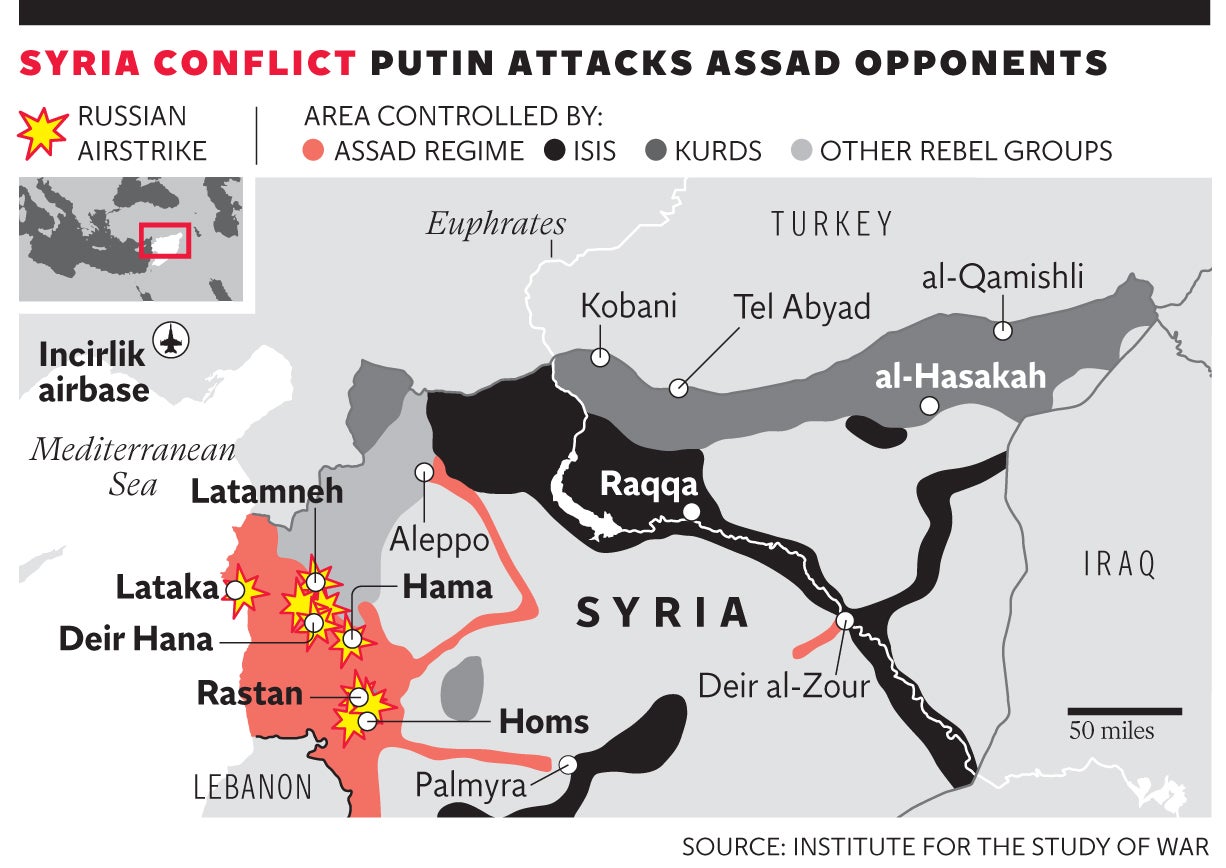
But from the point of view of the Syrian Army, the Syrian Kurds, members of the Syrian government and minorities such as the Alawites, Christians or Druze, there is not much difference between these groups. They would expect each of the three to kill them.
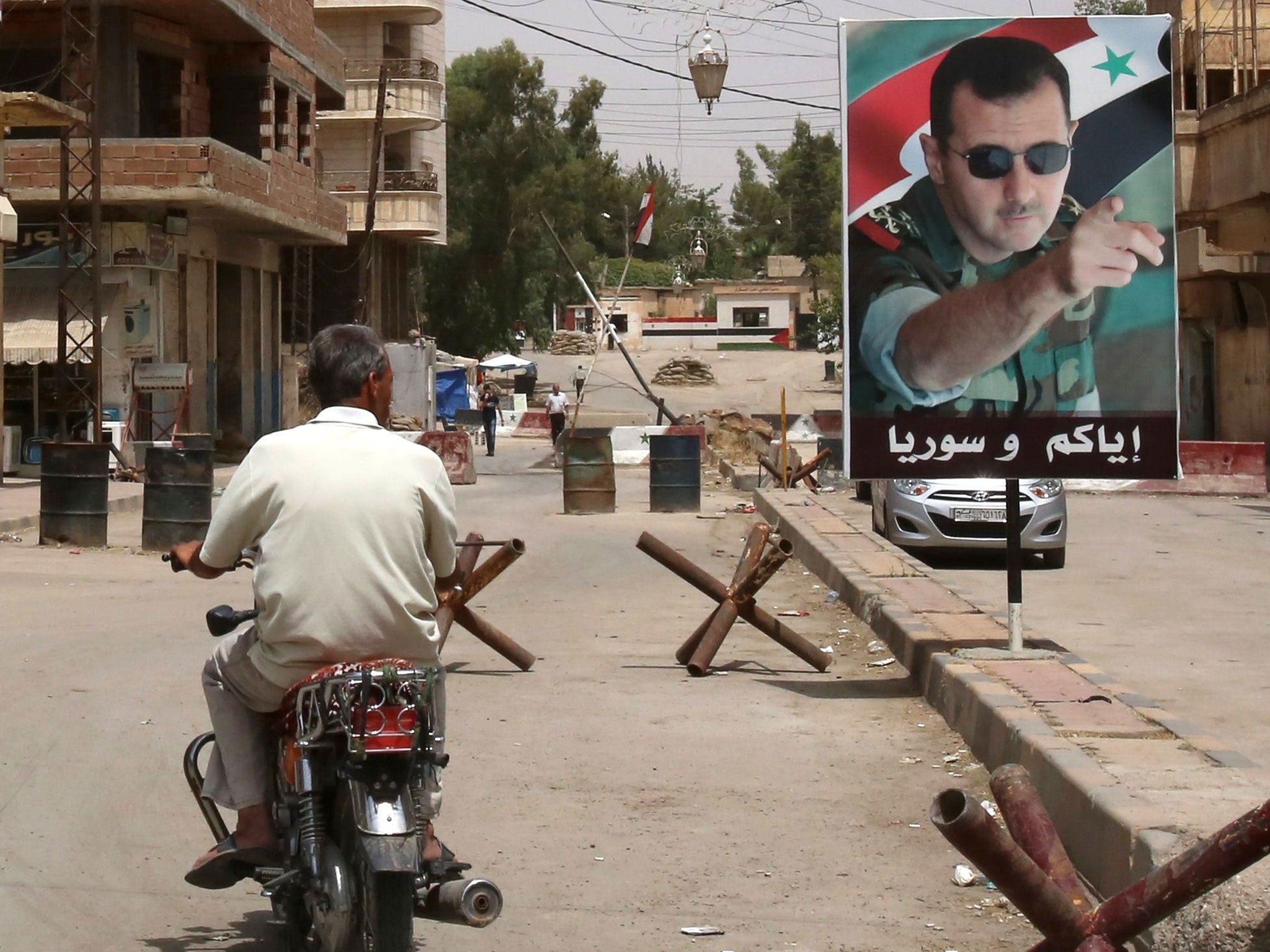
It is not that the differences between these and other Sunni extreme rebel groups are fake, or that their rivalries and hatreds are not sincere.
They may be similar ideologically and in their plans for the future of Syria, but this does not mean that they are not trying to kill each other and are incapable of cooperation. There are also important distinctions stemming from the identity of their foreign backers and financiers.
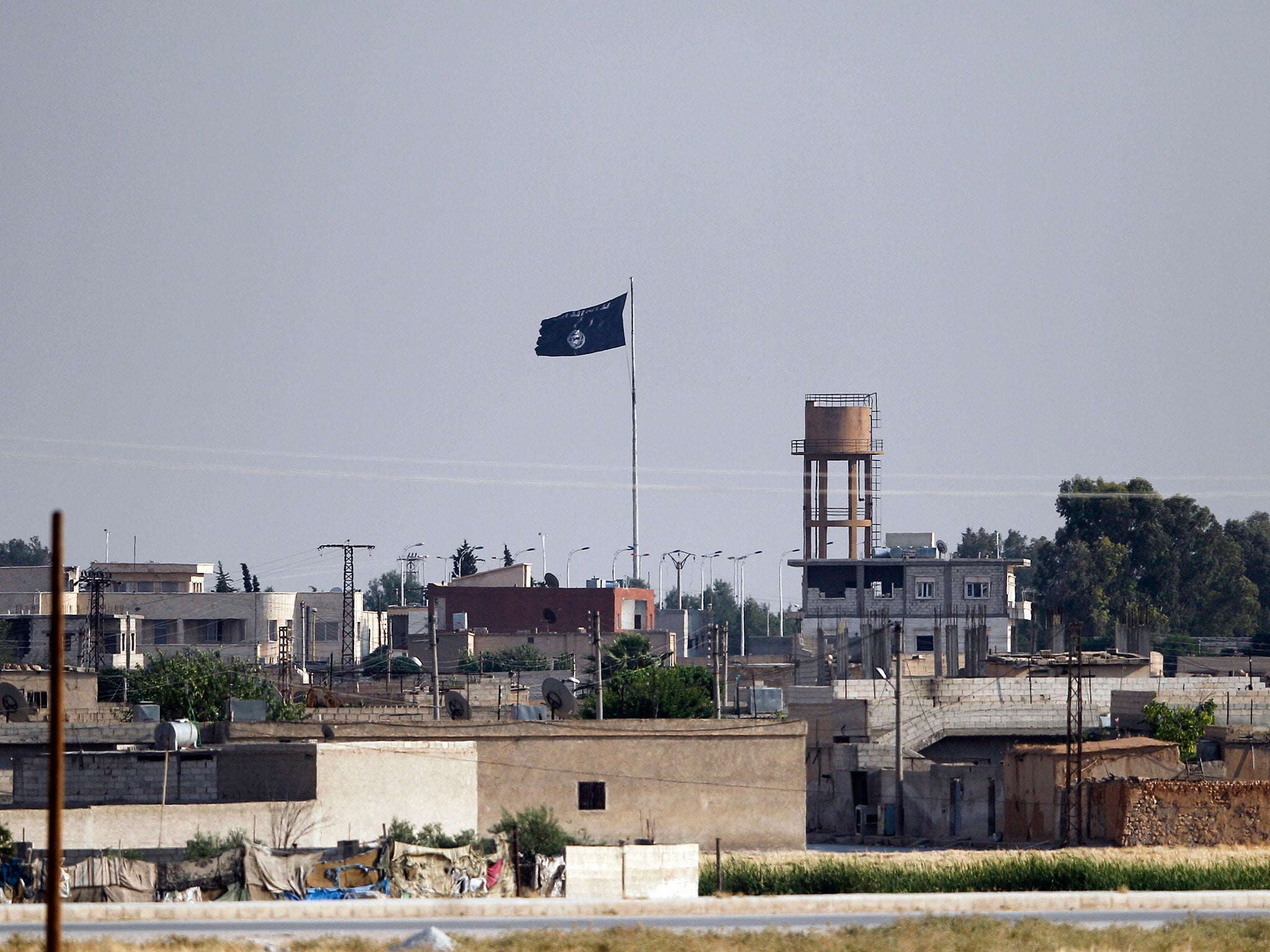
By far the most important movement is Isis (also known as Islamic State, Isil and Daesh) which controls a third of Iraq and half of Syria.
It works as a genuine state able to tax, and conscript and control the five or six million people who live within its frontiers.
Despite being targeted by some 7,000 air strikes, Isis holds about the same ground as it did last year and captured Palmyra in Syria and Ramadi in Iraq this May.
It never willingly shares power with anybody and has in the past acted in alliance with other jihadis only for as long as it has to. This year it has lost ground to the Syrian and Iraqi Kurds, but has won victories against the Syrian and Iraqi armies.
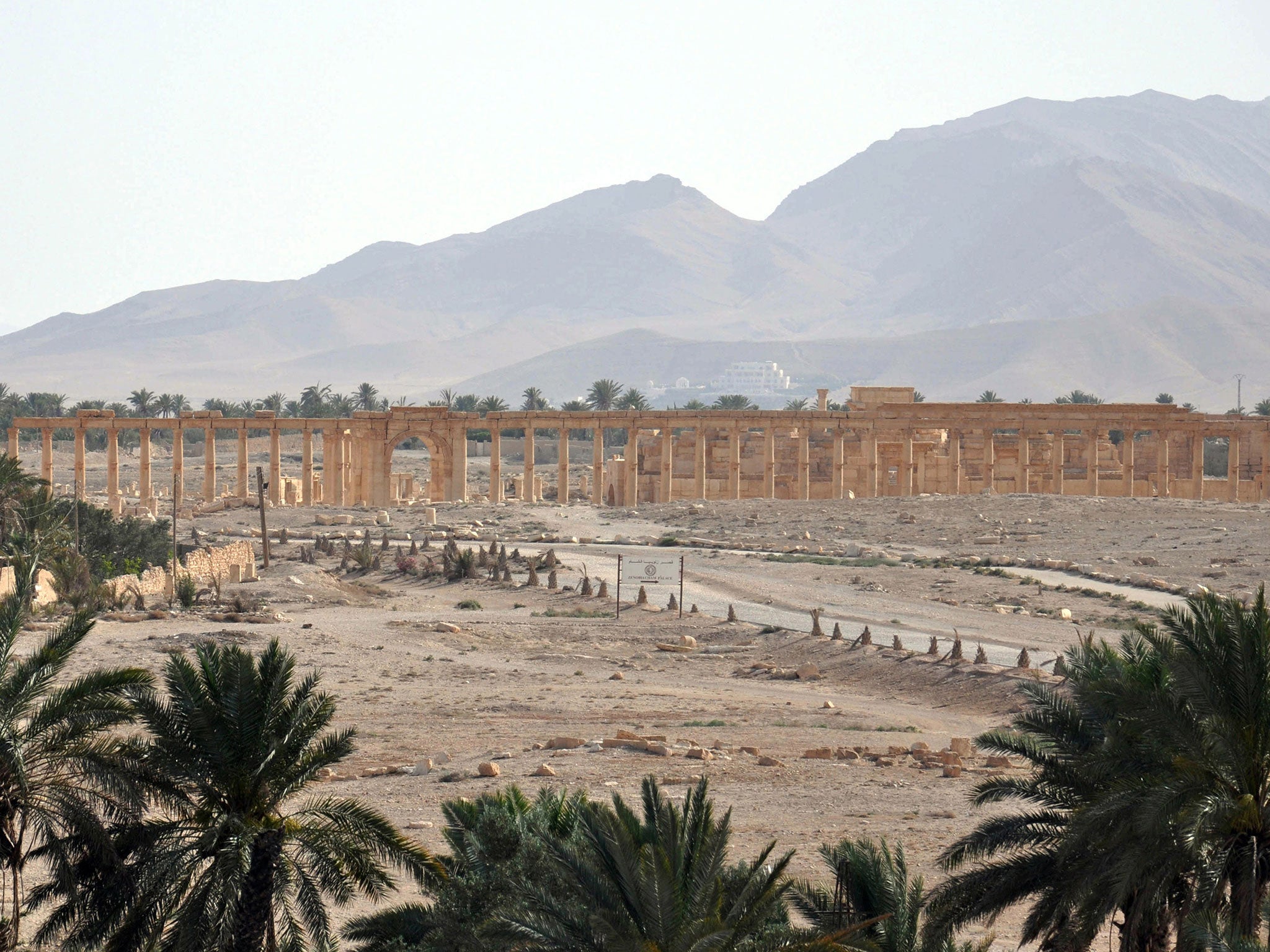
Jabhat al-Nusra was created by Isis in 2012 as its Syrian branch drawing on Isis’s resources of men, arms and money. It rapidly grew in strength until 2013, when Isis leader Abu Baqr al-Baghdadi tried to curb its independence and bring it firmly back under his authority.
The result was a savage intra-rebel civil war which at first Isis seemed to lose as it withdrew to eastern Syria, but was then able to rally its forces for successful counter-attacks.
More recently, Turkey, Qatar and other Sunni states have been trying to rebrand al-Nusra as more moderate than Isis and therefore internationally acceptable as an ally against President Bashar al-Assad. It led a coalition of other groups to capture Idlib City and other important positions in March and May.
Ahrar al-Sham also sought to benefit from re-labelling, but these changes were directed primarily at foreign powers rather than a domestic audience within Syria.
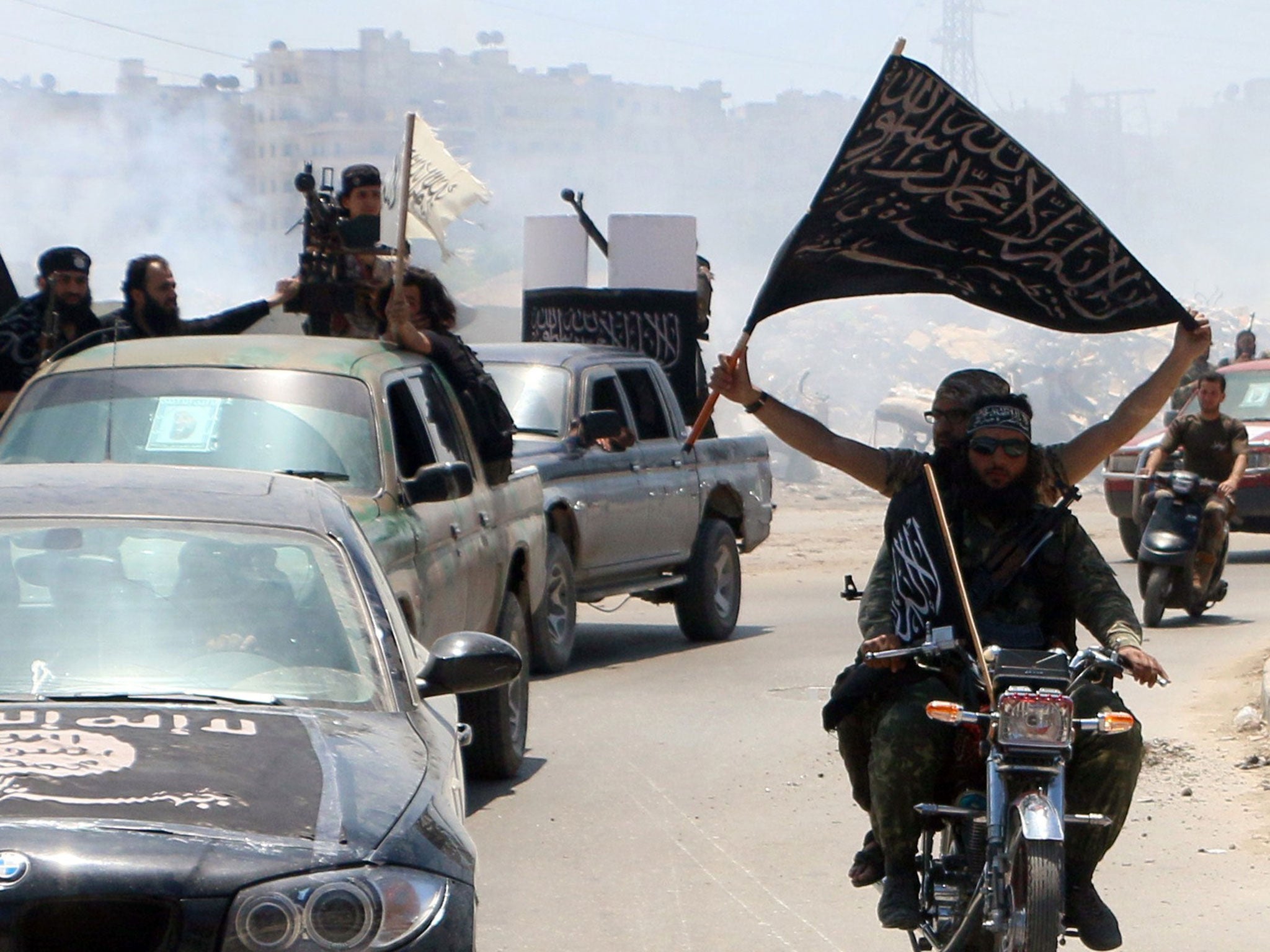
The sad truth is that after four years of war in Syria there are few moderates left and those that do exist lack military strength. The Free Syrian Army was always a mosaic of factions and is now largely ineffectual. But it is important to take on board that Syria is in the midst of a genuine civil war with a core of people on all sides who believe they must fight to the death.
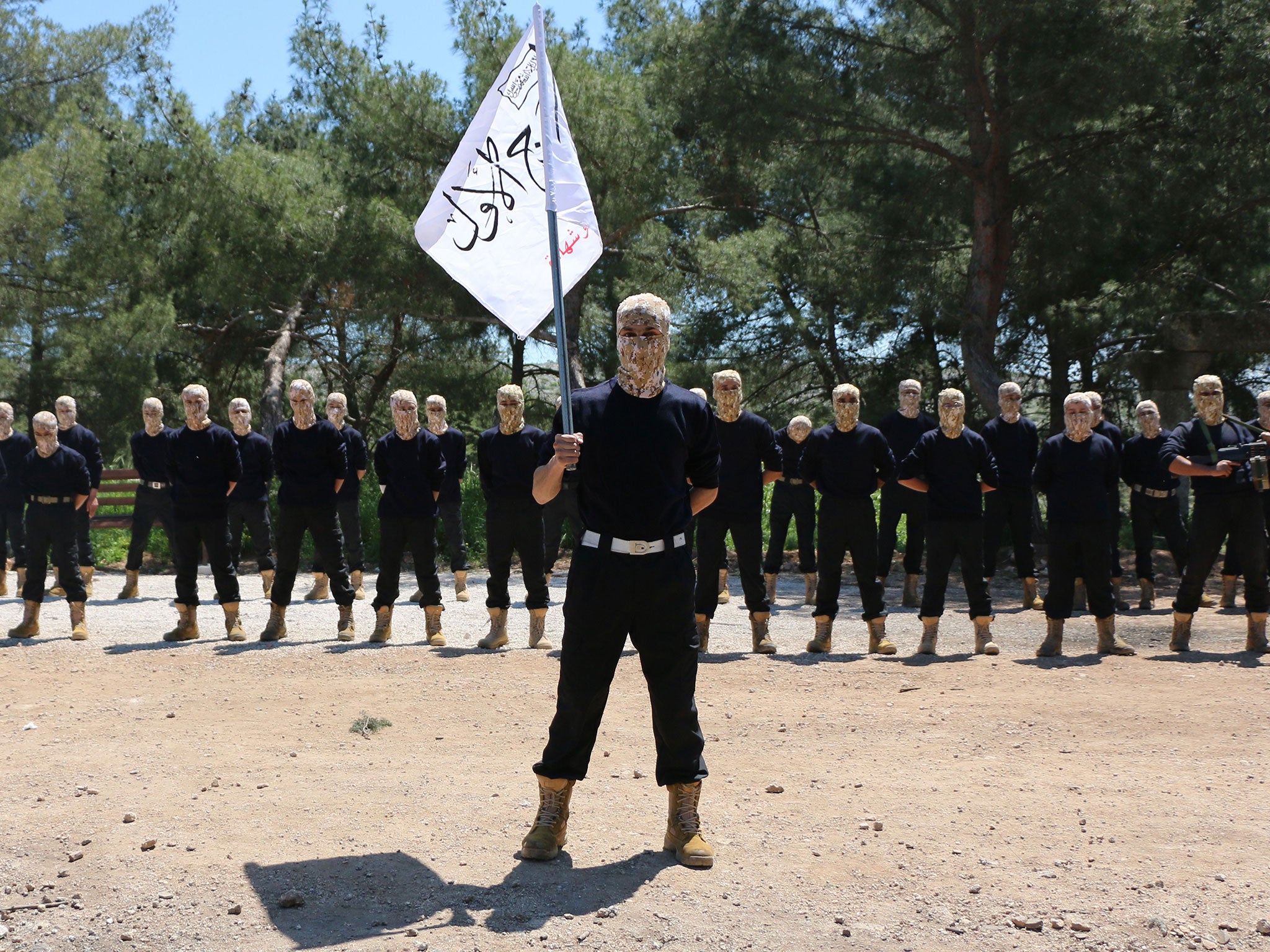
Join our commenting forum
Join thought-provoking conversations, follow other Independent readers and see their replies
Comments
Bookmark popover
Removed from bookmarks